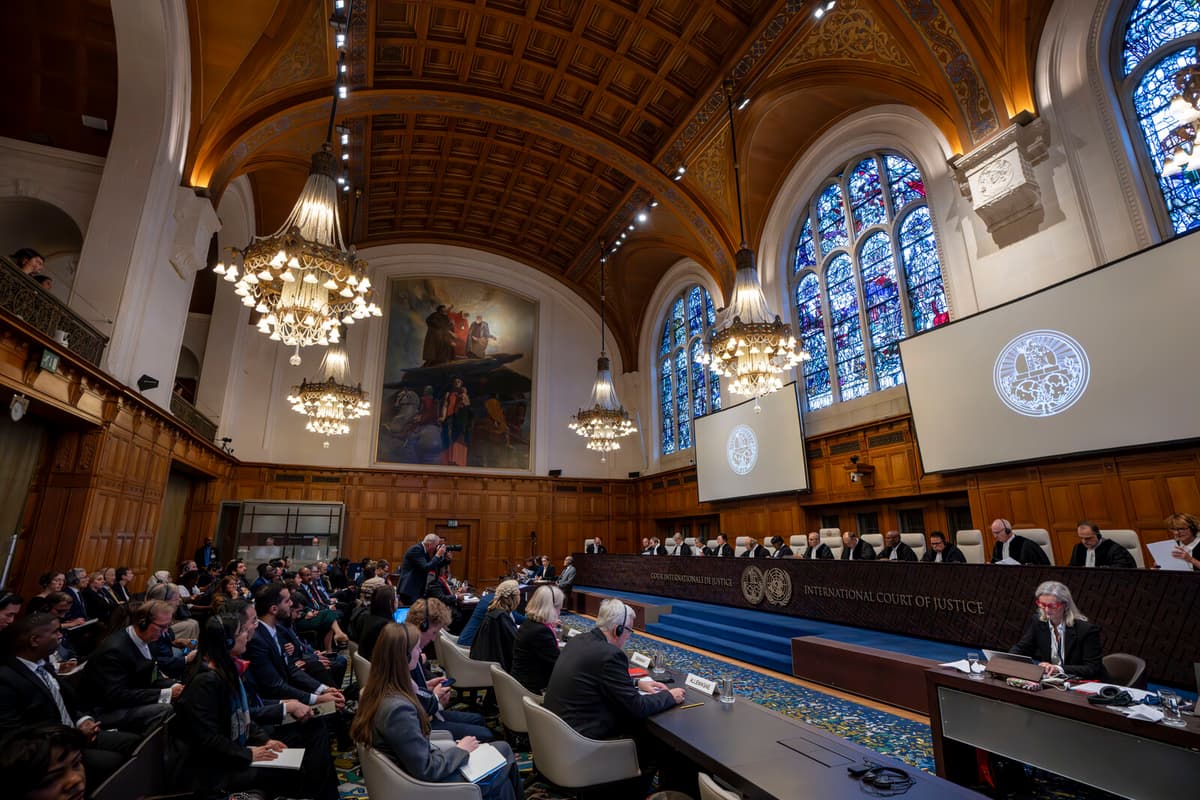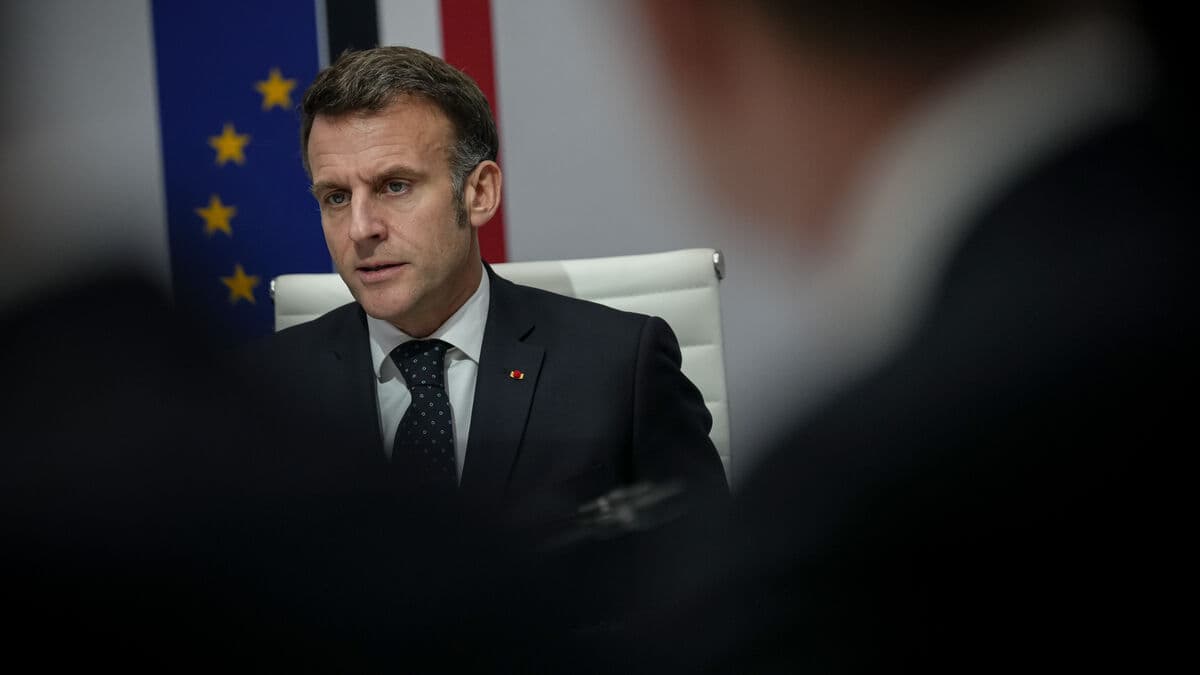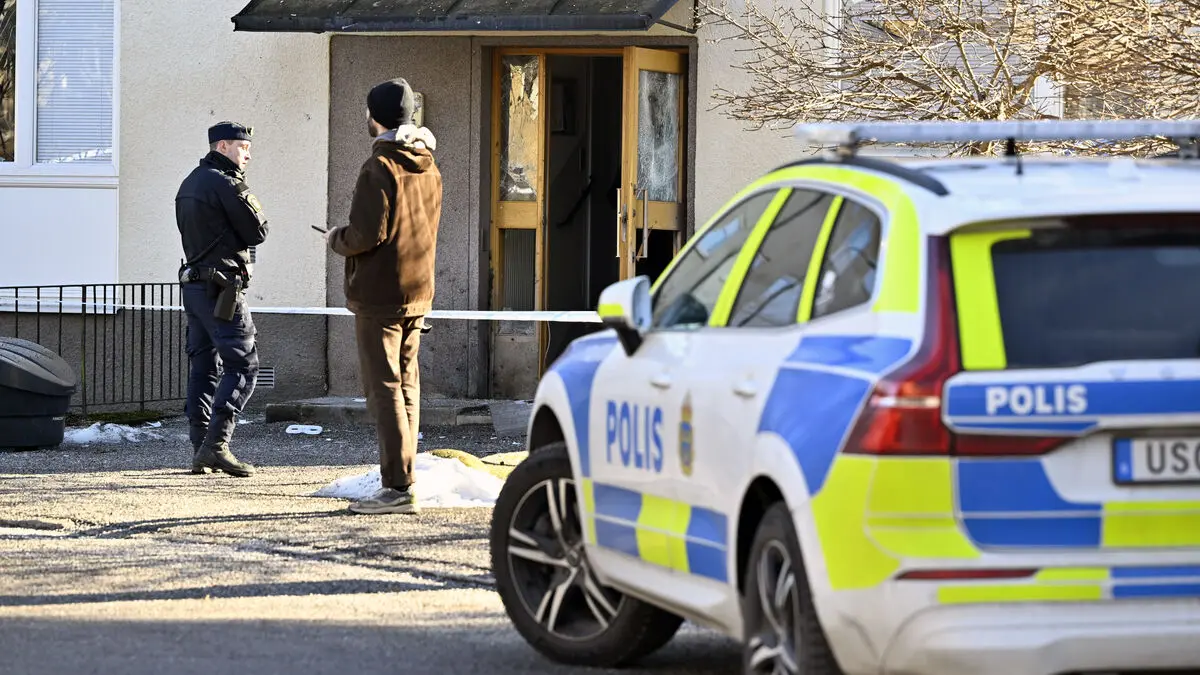After several years of pressure from island nations, the UN General Assembly finally consulted the International Court of Justice (ICJ) in The Hague about the "states' obligations regarding climate change".
We want the court to establish that the behavior that has destroyed the climate is illegal, says Margaretha Wewerinke-Singh, who represents the Pacific nation of Vanuatu in the court, to AP.
More than a symbol
The court's decision is not binding, but is more than a symbolic act since it can be the basis for legal actions in different countries, for example, lawsuits.
In Sweden's case, there is a connection to the Aurora case, where the organization Aurora is suing the Swedish government and claims that the climate work is insufficient. The case is currently in the Supreme Court, which will decide whether such a case can be tried in a Swedish court.
Ida Edling, spokesperson for Aurora, hopes that the ICJ will "emphasize the principles of justice that are already clear and evident in international climate law".
That is, that rich countries like Sweden, with higher emissions historically and now, must do more than other countries and transform their society much faster, she says.
Affects the Swedish case?
Over two weeks, the ICJ will hear 99 countries and around ten collaborative organizations, which is the largest gathering in the court's nearly 80-year history, according to AP.
Aurora is following the proceedings on site and Edling believes that the court's decision, which is expected in a few months, can have implications for the Aurora case.
Yes, I absolutely believe so. For the International Court of Justice will then advise on how international law should be interpreted. And we are absolutely using international law in our lawsuit, she says.
Gustav Sjöholm/TT
Facts: International Court of Justice (ICJ)
TT
The International Court of Justice in The Hague is the UN's judicial organ. It was established in June 1945 and began its operations in April the following year.
The court consists of 15 judges who are elected by the UN General Assembly and the UN Security Council for nine-year periods. In March 2023, the General Assembly asked the ICJ for advice on two questions:
What obligations do countries have to protect the climate and environment from harmful, human-induced greenhouse gas emissions, and what are the consequences for governments if their actions (or lack thereof) harm the climate and environment.
Source: ICJ, AP






